While 2020 and early 2021 have been difficult for many businesses, some larger corporations have been scaling up and preparing for brighter futures.
This comes as no surprise to those who have seen large companies grow during a recession. Highly-capitalised companies that want to grow often view a recession as ripe with opportunity as they are able to acquire struggling yet promising companies while the purchase prices are low.
Recessions are also not a universal problem for all businesses. While many business models have not done well since March of 2020, other companies have grown dramatically in response to shifting economic needs.
For example, the TSX share price of TFI International has not only recovered since the dramatic drop in the stock markets seen in mid-March of 2020 but is now significantly higher than it was before COVID-19 got its stranglehold on North America.
Since the Fall in 2020, there have been at least three significant acquisitions by Canadian companies in the transportation industry that are worth noting and following for those interested in the Canadian trucking business ecosystem: Mullen Group Ltd.’s final acquisition of Pacific Coast Express Limited, James Richardson & Sons Ltd.’s acquisition of Bison, and the massive purchase of UPS Freight by TFI International.
Mullen Group and Pacific Coast Express Ltd.
The publicly-traded Mullen Group of Companies completed their acquisition of Pacific Coast Express in September of 2020 by purchasing the final 60% of shares.
Pacific Coast Express is a cross-border operation out of British Columbia that offers TL (truckload) and LTL (less-than-truckload) services. Mullen, which started in Alberta in 1949 and grew significantly during the oil booms of the 1970s, has grown from oilfield into LTL markets through multiple acquisitions.
With oil prices low and the future of western Canada’s oilfield uncertain, Mullen’s strategy of freight diversification has proven to be lucrative. While Mullen remains active in oil-related operations, their LTL operations have grown to the point where they claim to be the largest final-mile network in western Canada and Ontario.
Given the boom in LTL freight as companies like Amazon expand the world of online shopping, Mullen’s diversification in these areas has led to increased success for the corporation.
James Richardson & Sons and Bison Transport
James Richardson & Sons is a Winnipeg-based private corporation that is involved in energy, oilfield, agriculture, transportation, and other industries. They made the headlines earlier this year when they announced their purchase of Bison Transport.
Bison is a well-known and well-regarded Winnipeg-based carrier that started operations in 1969. It now operates over 2000 tractors and 6000 trailers and offers a wide range of transportation and warehousing services.
The acquisition is being described by Bison and Richardson as a win-win. Bison will now have access to the capital from Richardson it needs to take advantage of significant growth opportunities in the future, and Richardson will benefit from owning one of Canada’s most highly-respected trucking companies.
TFI International and UPS Freight
TFI International made news recently when it announced that it is buying UPS Freight from UPS. The already-massive publicly-traded TFI will become one of the largest trucking companies in North America at the completion of this deal.
UPS Freight is one of the largest package-delivery and LTL service providers in the world. This purchase will provide TFI with incredible potential for growth, and UPS will continue to use UPS Freight for the next five years as part of its North American distribution network.
TFI has a history of acquiring successful trucking companies and providing them with the resources needed to grow and succeed, and this deal will enhance TFI’s efforts to expand into the USA. TFI believes they will be able to assist UPS Freight become more profitable in the future.
What These Changes May Mean
As many companies struggle through the COVID-19 pandemic to remain open, others are clearly seeing continued growth and success. All three of the acquisitions above are examples of large entities acquiring relatively smaller trucking companies with the hopes of expanding on their already-demonstrated success.
Many companies are aware of ways in which they could expand but lack the cash and resources to seize opportunities. Whether companies are targeted for purchase by a larger company or actively seek out the sale, success for both parties can be seen when the smaller, more agile entity is given access to the money of a larger corporation so they can take advantage of an opportunity.
Anyone in the transportation industry can learn valuable lessons from these recent sales. Those looking for work opportunities can pay attention to job postings offered by these expanding corporations, and business owners can take notes from the operating models of businesses that are routinely purchased by larger firms.
One key takeaway is this: Canadian trucking is growing, and opportunities are everywhere even during the current economic crisis.














Comments are closed